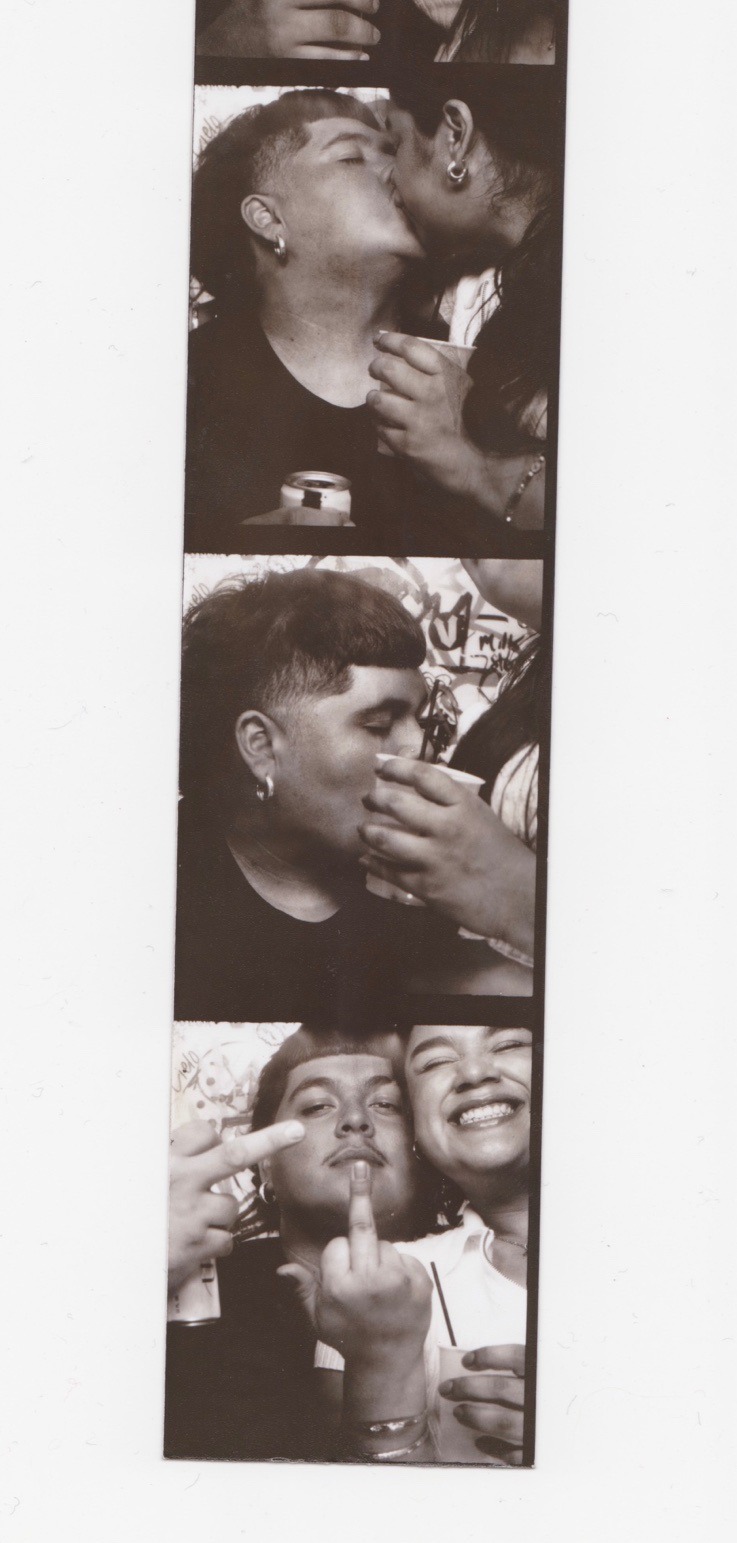#lord fubu
Text
#blade runner#blade runner 2049#lord fubu#never leave you lonely#music#sad songs#ryan gosling#ana de armas#aestheitcs
5 notes
·
View notes
Text
0 notes
Text
Painter of the Night chapter 128. This is the penultimate chapter as next week's update will be the final chapter of the manhwa according to ByeonDuck. But ByeonDuck did mention before that if they were to make another season for the manhwa, it will just be possibly some side stories. I'm hoping for side stories because I wanna know what happened to that assassin and that other aristocrat that was Seungho's former fubu.. I forgot his name.. anyway, let's wait and see.
Now chapter 128. I don't know how much time has passed since the events of chapter 127. Nakyum has long hair now and is living peacefully somewhere. But he missed Seungho so much. Lord Yoon, the father of Seungho has passed away. (Cheers to that!) Apparently, Seungho took the civil service exams and was the number 1 passer. Because of that it was said that he received many marriage proposals from other influential families. Hearing about this made Nakyum sad. He thought that it might be the end for him and Seungho. That the memories he had of that night was just him being delirious with fever. But he remembered Seungho's word: "Do not for a moment think that I have abandoned you" Nakyum believed in Seungho's words and told himself that it wasn't a dream and that they will meet again.
I hope they meet in the next chapter. It's the final chapter for the main story. Just let Seungkyum meet and be together.. (T_T)
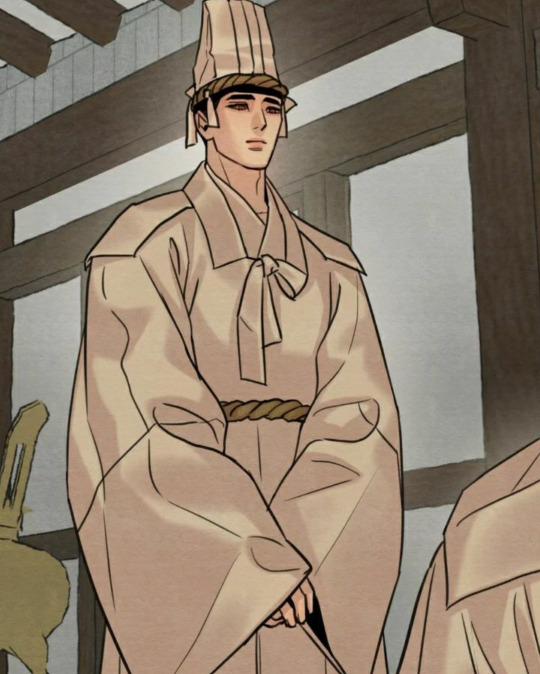
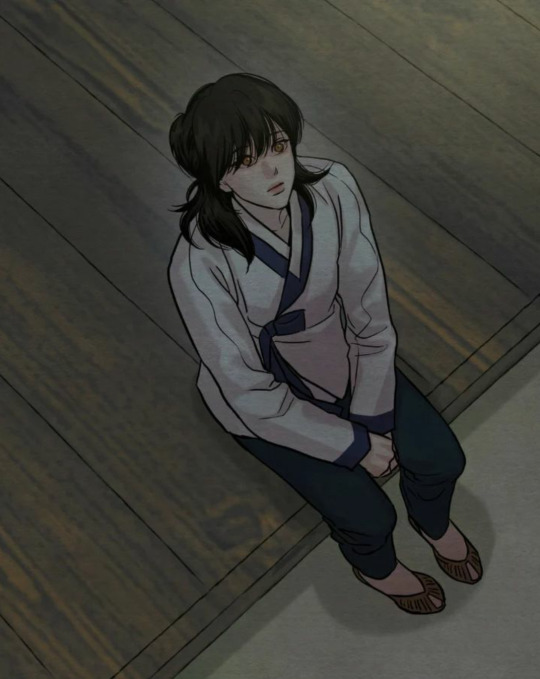
37 notes
·
View notes
Text
HalBarry
audio - Lord Fubu - Never Leave You Lonely
Edit - videostar and capcut
ᵍᵉᵗ ᵒᵛᵉʳ ʰᵉʳᵉ
い愛科
*.:。.✿`°¤,¸.
#barryallencomicedit #theflashedit #flashedits #theflashedit #greenlanternedits #haljordan #haljordanedits #halbarry #dcedits
#barry allen#theflashedit#the flash#barryallenedit#green lantern#green lanterns#greenlanternedit#hal jordan#halbarry
40 notes
·
View notes
Photo
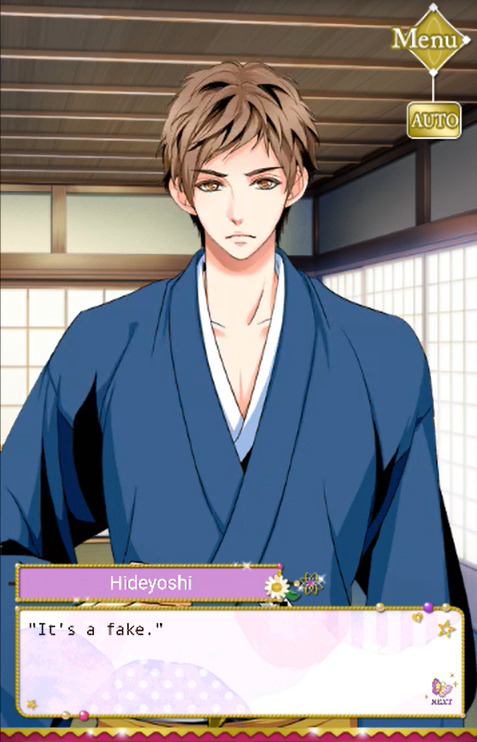
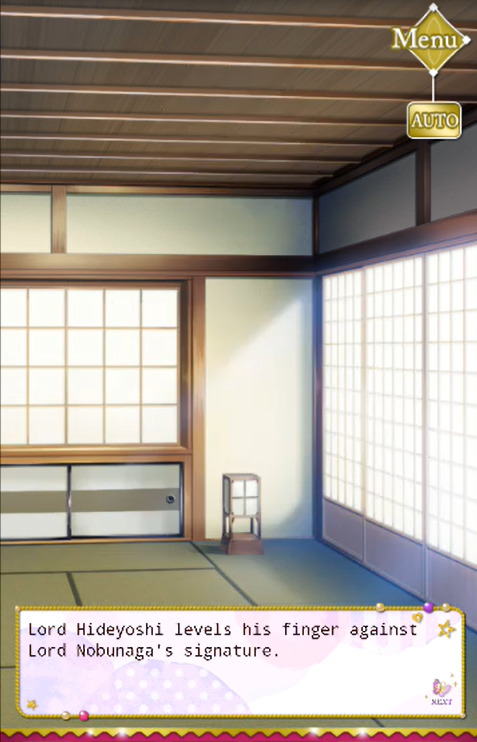

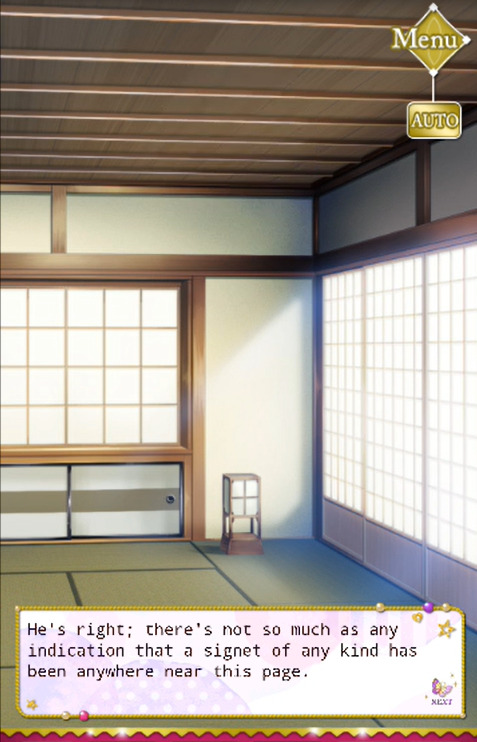
I’ll talk about Yoshimoto’s suddenly being non-dead here later.
This translation could be misleading. What they call a “signet” is actually what I usually refer to as “signature” (花押) instead . “Signet” usually means some sort of seal stamp, so you more history-savvy readers might think it’s the Tenka Fubu seal, but it’s not.
What they actually mean is this:
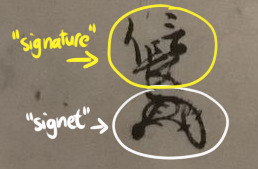
Meaning that this fake letter only has the “Nobunaga” name, with no seal and no signature.
For what it’s worth it’s actually something that did happen where a lord made a carved “stamp” in the shape of the signature, so they don’t have to write it by hand every time. In which case the signature is technically a signet, I guess, but that’s not what’s happening here.
This was a plot point in the 2011 NHK drama “Gou - Himetachi no Sengoku”. It was Hideyoshi who faked a letter to the main character Gou in exactly the same manner: The fake letter is missing the sender’s 花押 signature, and only has a name. Maybe it’s a coincidence, or maybe the writers really were inspired by the drama.
I suppose why Hideyoshi can’t just accuse this to Yoshimoto’s face is for plot purposes, because formal signatures missing in personal letters is probably fine, but I highly doubt it’s fine in official documents. Even moreso when the letter is not being delivered by a trustworthy messenger.
There’s one real life example of a “formal” letter from Nobunaga that’s missing the name and signature altogether, but this was accompanied by a signed testament by one of Nobunaga’s personal guards that this is authentic.
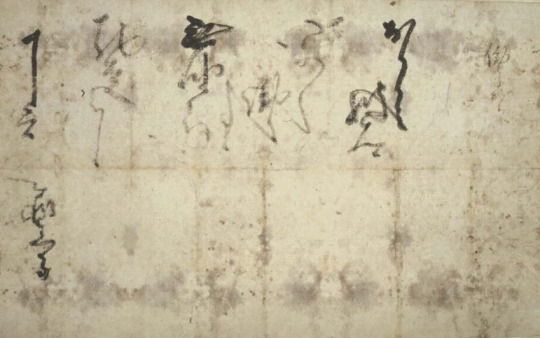
(no name, no signature of sender at all, only the name of the recipient is written)
12 notes
·
View notes
Photo

Speaking of Rakusan’en, though. They recently released this new souvenir card for Rakusan’en, featuring Nagano Tsuyoshi’s Nobunaga artwork and some fancy gold foil lettering.
These souvenir cards are called Gojou’in 御城印, which are commemorative cards that you can buy at various castles in Japan. Castles usually would have a booth with a stamp of the castle’s site, and you can stamp on pamphlets or your personal journals as "proof” that you visited the place. These cards are intended to be stamped with those castle stamps, to keep as extra special memorabilia of your visit.
Rakusan’en is just the garden, but it seems that the residential mansion that was attached to the garden is actually Obata Castle. Since Obata Castle no longer exist, they offer cards for both Rakusan’en and Obata Castle that applies to the same site. I didn’t realise this at first because there are other Obata Castles in other places, and I’d gotten slightly confused before.
I’m not sure why the office didn’t just commission Nagano-sensei to draw the proper lords of the domain, but maybe Nobunaga is just more recognisable and therefore more attractive to customers. Though Nobukatsu is ostensibly the first lord of the domain entering the Edo period, he doesn’t seem to be distinguished as an independent lord of his own right by the city. All the Oda lords are collectively remembered as “Nobunaga’s bloodline”.
(Edit: Just to avoid being misleading, I meant “first” lord of the restructured/reorganised domains, that is, in the Edo period. Naturally, before the Oda were assigned here, this area was governed by different families. The city claims that the Oda were the ones who revitalised the area, so all the fanfare is about them, and Nobunaga is a very well-known name besides. I’m not sure if there’s much talk about the clans that lived there prior to them.)
The "castle stamp” is not even some unique design either. Instead of a special design that says either Obata Castle or Rakusan’en, it’s literally just the Tenka Fubu seal. Example of a stamped card being sold in the Mercari reseller site:
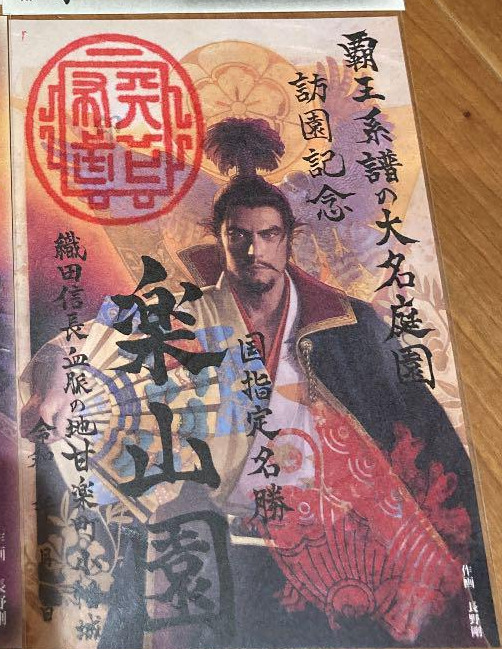
#gunma#Merchandize#rakusanen#rakuzan-en#rakusan-en#rakuzanen#oda nobunaga#nagano tsuyoshi#tsuyoshi nagano#kanramachi#kanra town#obata#obata castle#oda obata castle#souvenir#tenka fubu#tenka fubu seal
5 notes
·
View notes
Text
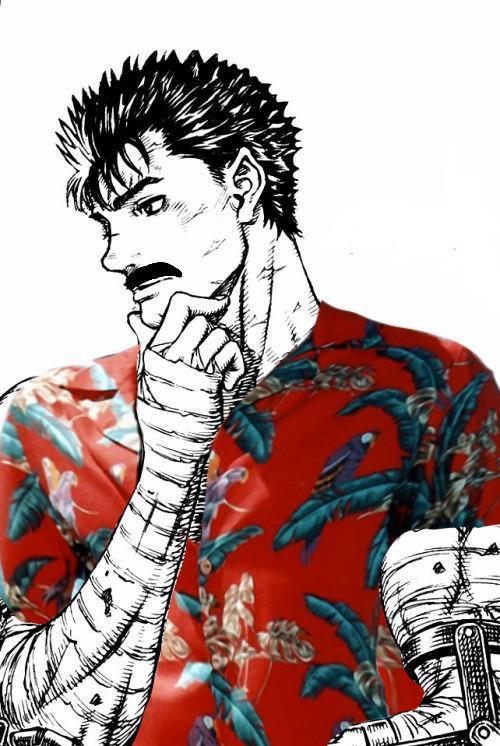
"I never had thoughts that control me until something bad left me so lonely and I want it back I want the old me I'm trying to forget but things just remind me"- Lord Fubu
3 notes
·
View notes
Text
Beatport Best New Hype Top 100 Techno (Peak Time _ Driving) 2022-09-15

- DATA CREATED: 17/09/2022
- QUALITY: MP3/320 kbps
- GENRE: Techno
Tracklist
AKTHESAVIOR,Lord Fubu - Another Dimension.mp3
Aaron King - Contact - Original Mix.mp3
Abyss
Read the full article
0 notes
Photo

Oda Nobukatsu’s seal stamp.
Caption: This seal stamp has the same double-ringed horseshoe shape, like his father Nobunaga’s Tenka Fubu seal. It also has the same size. The inscription says ika kaidai 威加海内, which means “Impose one’s authority in all within the seas (all over Japan)”. A valiant declaration, not inferior to his father’s.
I’ve actually already posted a (different) picture of this seal a very long time ago, but I happened to see this recently, with the caption comparing it to Nobunaga’s Tenka Fubu, so I thought I’d share it again anyway, and have a longer chat about it.
Ika Kaidai is a phrase taken from the classical Chinese poem Song of the Great Wind (大風歌 Dà Fēng Gē), written by the Emperor Gaozu of Han (Liu Bang) after he won against one of his final enemies, and became the supreme ruler of China. The full sentence within the poem goes like this:
威加海内兮帰故郷
wēi jiā hǎi nèi xī guī gù xiāng
Now that my authority ruled over all within the seas, ah, I return to my homeland.
You’ll notice that this does not actually mean “I will conquer”, but “I have already conquered”.
The problem with Sengoku slogans that are taken from Chinese classics is that, much like with Tenka Fubu, one is never sure if the person had intended it to adopt the original Chinese meaning, or if it has since been imbued with Japanese sensibilities and thus have a different meaning/intention in the new usage.
If this Ika Kaidai is supposed to mean what it originally meant in Chinese, then that’s a rather bold claim to make (”I have already conquered the nation”).
I wonder if this seal implies that the theories saying he actually was Nobunaga’s successor as the new head of the Oda clan is true, and he was not just a stand-in “regent” until his nephew is of age. Some theories say that Nobunaga already had conquered the “Tenka”, after all. Not literally conquered the whole nation, just that he’s already viewed as “the ruler of the land”. The letter bearing this seal was written during the battle of Komaki-Nagakute in 1584.
I’ve seen a museum article saying that, purportedly, Tokugawa vassal Sakakibara Yasumasa saw this battle as Hideyoshi launching a coup d’etat against “his master”. Since there’s no full transcript of the documentation that I could find online, I’m not sure if he meant “master” singularly, and that Nobukatsu is in fact the new lord of the Oda; or if he meant “masters” in the sense that Hideyoshi was rebelling against the Oda clan as a whole, so Nobukatsu may well be really just a temporary lord managing the clan’s affairs in place of his toddler nephew.
#artifacts#artifact#Seal#seal stamp#oda nobukatsu#samurai#sengoku#japanese history#Warring states#Warring States Period#Warring States Era#Sengoku Era#Sengoku period
5 notes
·
View notes
